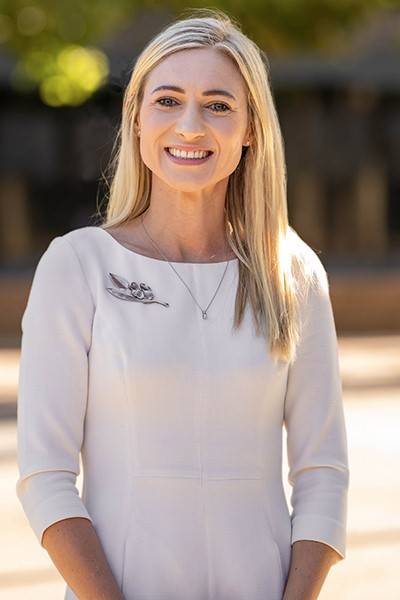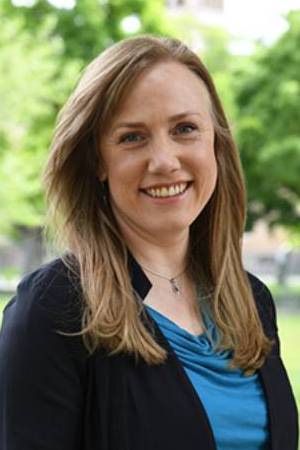What is the Certificate in Food Security Studies?
This certificate focuses on the complexity of food insecurity as it pertains to nutrition, public health, climate and the environment, sustainability, food technology, agricultural practices & education, and more. It is designed to provide students with a broader understanding of the complexity of food insecurity and the various solutions to reducing food insecurity at local, national, and international levels.
What will I learn?
Students will gain knowledge and skills to prepare them for positions in programs that focus on improving food security locally, nationally, and globally. This interdisciplinary certificate could be applied to a variety of related fields; for example, health education, dietetics and nutrition, social work, environmental work, K-12 education. Courses in the certificate include:
- NDFS 5010: Hunger Issues and Solutions (3 credits)
- NDFS 3080: Community Nutrition (3 credits)
- NDFS 3110: Food, Technology, and Health (3 credits)
- ASTE 5620: Food Security and Solutions (3 credits)
Why complete this certificate?
There are very few food security studies certificates at higher education institutions across the country. This certificate is unique to USU and USHE and as a result, may provide students with a certification they may not receive from other institutions in the region. Furthermore, there is an increased emphasis nationwide on the importance of addressing food security as evidence by the recent White House Conference on Hunger, Nutrition, and Health. This certificate will help provide students with the knowledge and skills so they are prepared for positions in programs that focus on improving food security on a local, national, and global level.
How long will it take?
This 12-credit certificate can easily be added onto another USU major or completed as a standalone certificate. If students are only completing this certificate, it could be completed in one year.
Is it online or in person?
In person. Some of the courses are available online, but NDFS 3110 and ASTE 5620 are only available at Logan campus.
When does it start?
Students can start any semester.
| First Year Fall | Credit Hours |
|---|---|
| NDFS 3080: Community Nutrition (online option) | 3 |
| NDFS 3110: Food, Technology, and Health | 3 |
| TOTAL | 6 |
| First Year Spring | Credit Hours |
|---|---|
| NDFS 5010: Hunger Issues and Solutions (online) | 3 |
| ASTE 5620: Food Security and Solutions | 3 |
| TOTAL | 6 |
Associate Dean for Academic Programs and Student Services l Director of MPH Program l Associate Professor

Office Location: AGRS 415
Phone: 435-797-5777
Email: mateja.savoie@usu.edu
Academic Advisor

Office Location: AGRS 417
Phone: 435-797-3096
Email: dawnetta.mahnken@usu.edu
Your Instructors
You will have the opportunity to be instructed by award winning professors, some of the most brilliant scientists and teachers in the world. Our classes have great student to teacher ratios allowing faculty to truly mentor you and get to know you personally.
View Faculty and Staff

